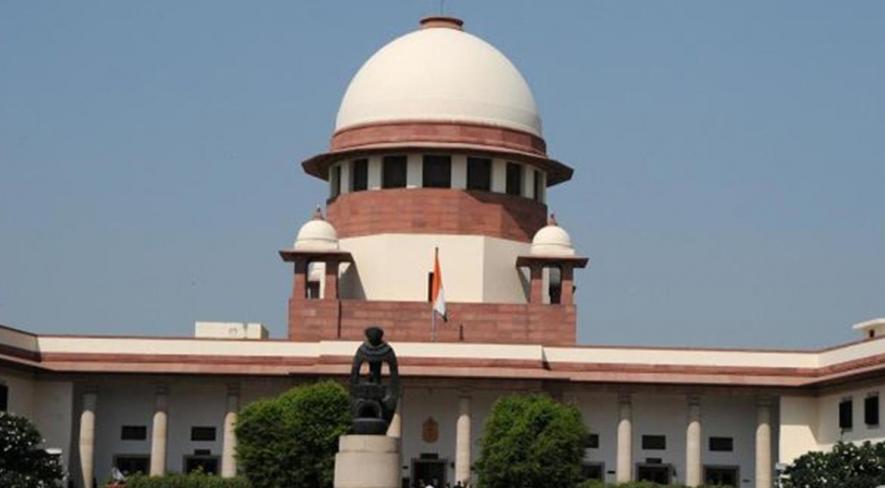Supreme Court Legalizes Passive Euthanasia with Guidelines

Image Courtesy: WION
Recognizing the “right to die with dignity”, the Supreme Court on Friday legalized passive euthanasia in a landmark ruling. The Apex Court said that a person can make an advance "living will" authorising the withdrawal of all life support system if in the opinion of doctor he has reached an irreversible stage of terminal illness.
While allowing a person to make a living will, a five-judge Constitution Bench headed by Chief Justice Dipak Misra, however, attached strict conditions for executing "a living will that was made by a person in his normal state of health and mind".
The bench laid down guidelines on who would execute the will and how a nod for passive euthanasia would be granted by the medical board. The court also permitted a person to draft in advance a "living will" in case she/he slips into an incurable condition.
The court said the life support can be removed only after the statutory medical board declares patient to be incurable.
Euthanasia, mercy killing, refers to the act of putting to death painlessly of a patient who is suffering from an incurable, especially a painful, disease and condition as by withholding medical measures. In medical terms, there are two types of Euthanasia- active and passive.
In active euthanasia, a person or medical professionals directly and deliberately do something for the death of the suffering patient. Whereas in passive euthanasia, either the medical professionals don’t do something necessary to keep the patient alive or they stop making efforts that keep the patient alive. For example, switching off the life-support machines and don’t give life-extending drugs.
But, some people think that there is not much difference between passive euthanasia and active euthanasia since stopping treatment is a deliberate act and the debate over the distinction of euthanasia still continues.
While, the Supreme Court bench comprising Justice A.K.Sikri, Justice A.M. Khanwilkar, Justice D.Y. Chandrachud and Justice Ashok Bhushan also said that its guidelines and directives shall remain in force till a legislation is brought to deal with the issue.
(Inputs from IANS)
Get the latest reports & analysis with people's perspective on Protests, movements & deep analytical videos, discussions of the current affairs in your Telegram app. Subscribe to NewsClick's Telegram channel & get Real-Time updates on stories, as they get published on our website.
























